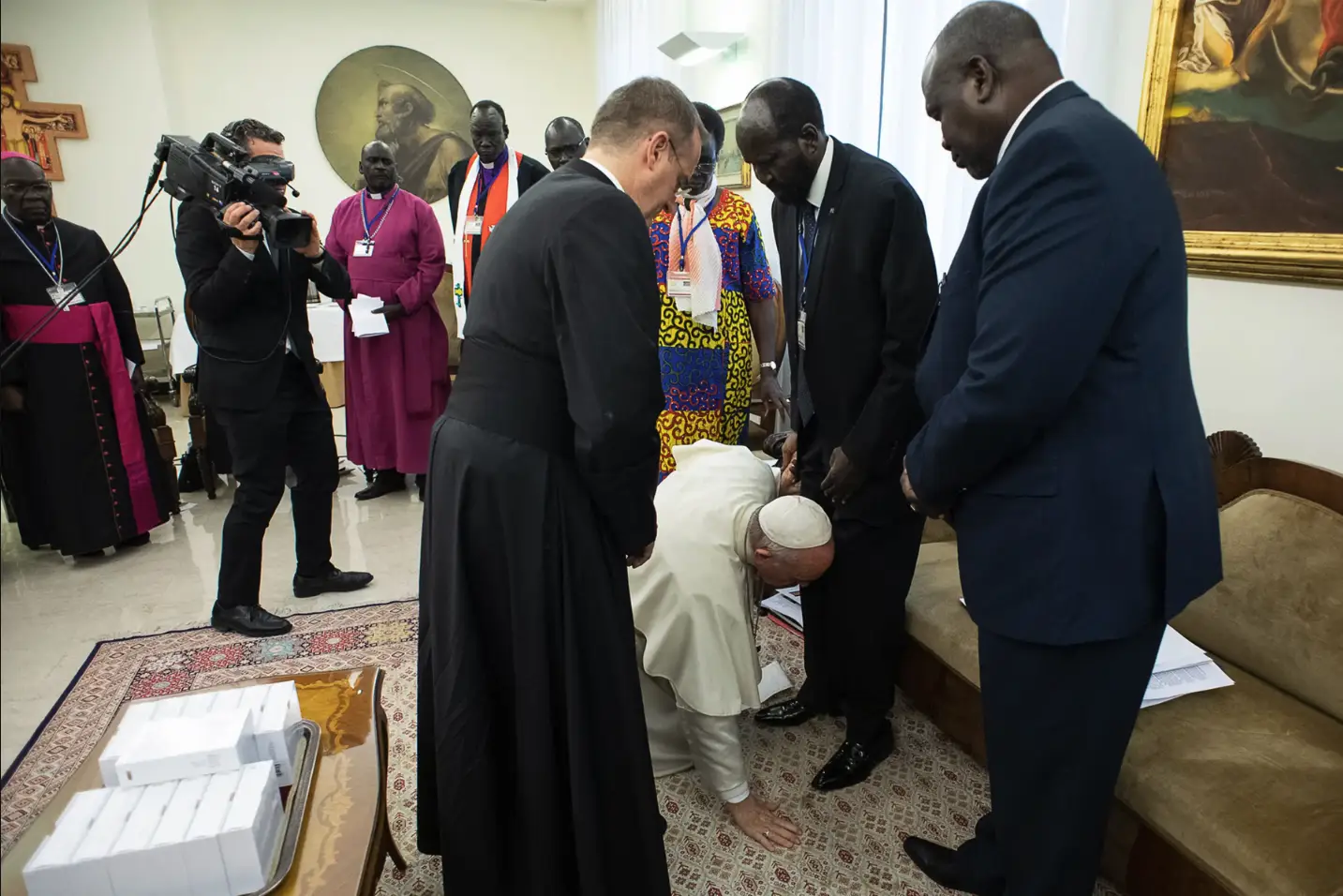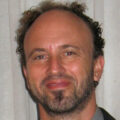During the twelve years of his pontificate, Pope Francis stood out as a singular and outstanding figure in a world marked by a vacuum of leadership capable of rising to the global challenges the planet faces. Coming from a country where great leadership has long been in crisis, Francis emerged as the most charismatic and influential Argentine head of state in history on the global stage.
That was one of his unique traits: a Latin American at the head of a European state—the smallest in the world—wielding influence and projecting a global reach that transcended his religious role as the head of the Catholic Church.
This Argentine Pope, who never again set foot on his native soil, crossed borders with his words and actions: a promoter of ecumenical and interfaith dialogue, a pilgrim of peace in a world at war; a champion of social justice and environmental protection in the face of extreme inequality and ecological degradation that affects all geographies and societies. A Jesuit who spoke of the common good in a constantly changing world, and of “care for our common home,” as he titled his encyclical Laudato Si, placing the principles of Liberty, Equality, and Fraternity at the crossroads of the 21st century.
Andrea Riccardi, historian and one of the most prominent Catholic intellectuals in Italy, founder of the Community of Sant’Egidio, explained in an article for Corriere della Sera that “the first pontificate in the global world, detached from the post-conciliar framework of progressives and conservatives, was born as a response to disorientation.” Bergoglio shared the view that the Church of Rome needed to change—an idea held by cardinals from diverse backgrounds and positions.
But more than that, he understood that something fundamental had changed among Catholics, that the “we” had fractured and needed to be reoriented. It was the challenge of “going out” that he proposed just months after his election, with the encyclical Evangelii Gaudium, Riccardi writes. Francis’s eloquent phrase upon being elected marked his papacy: “It seems that my brother cardinals went to find him (the new Pope) almost at the end of the world.” The “guide” was sought outside the usual realms.
Francis brought renewal to the Church, shook its foundations, and aired out its affairs. Far from his homeland, he proved to be a more worldly and approachable Pope than his predecessors. He was also the most reflected upon and debated Pope. That, too, is part of his legacy.
*Text originally published in Clarín













